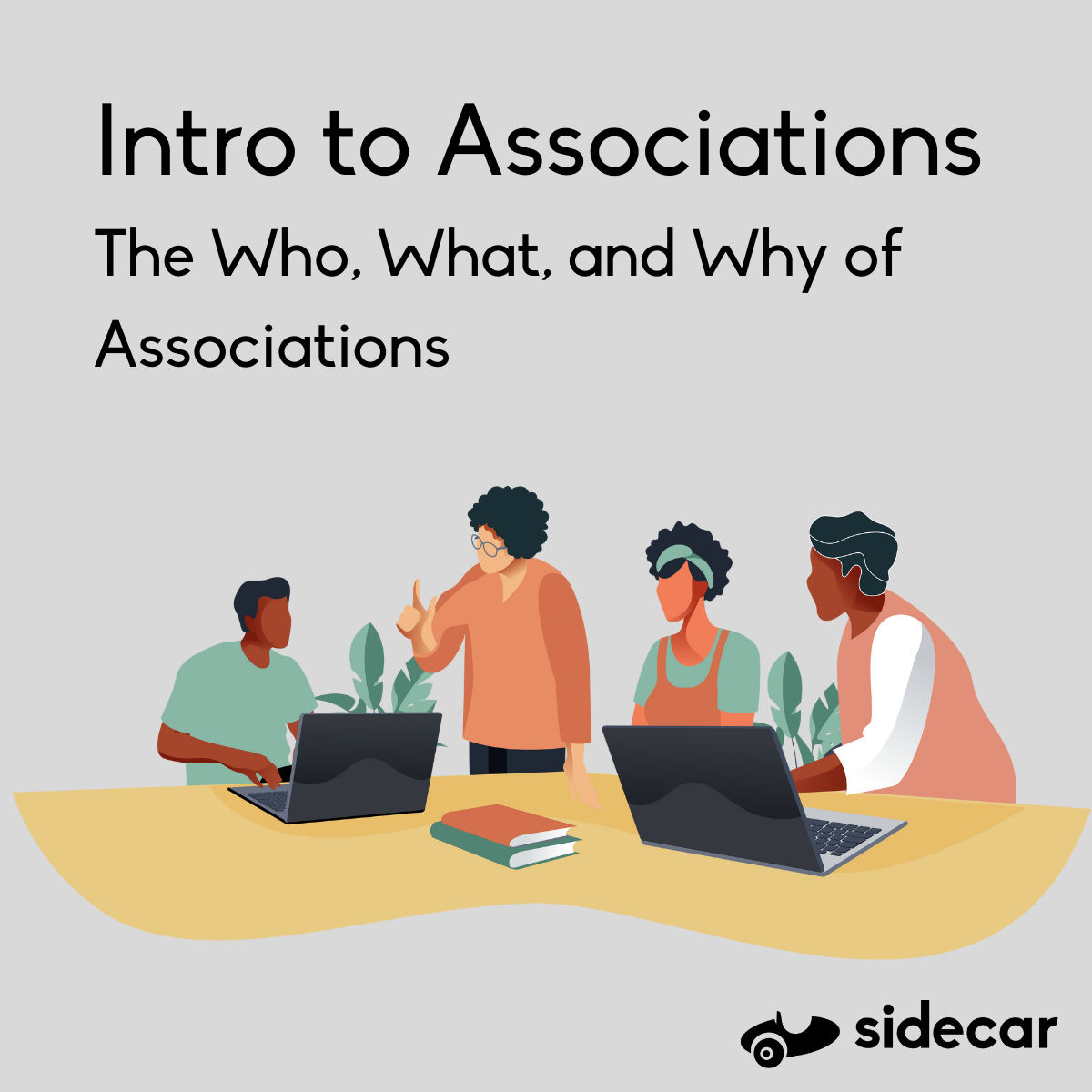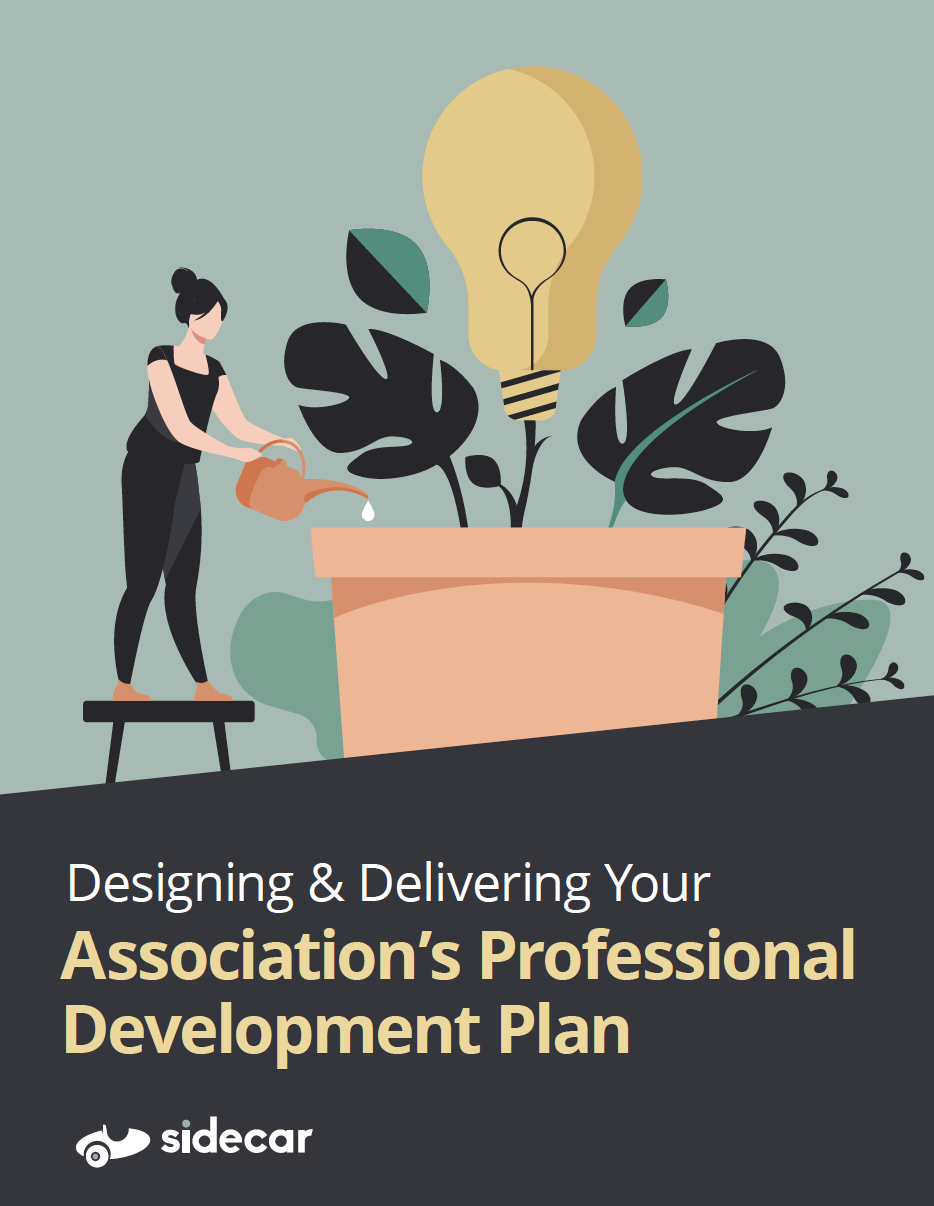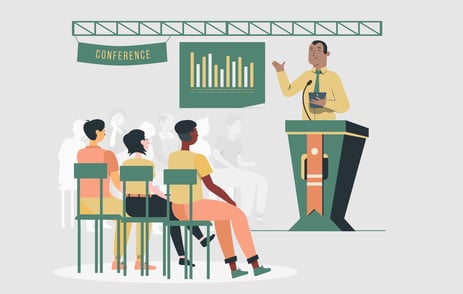Lately, there’s been a rash of layoffs, particularly layoffs in the tech industry. Companies like Meta, Twitter, and Amazon have seen substantial layoffs. While job loss can be scary and frustrating for those who experience it, the cutting of these jobs from prominent tech companies may have a positive impact on other sectors, including the association space.
As a result of these layoffs – and because of people changing fields from other industries, too – there may be an influx of first-time association workers. Some of these first-timers will, of course, be entry-level workers getting their feet wet in the working world, and some may be more experienced workers.
Regardless of career trajectory, for first-time association workers, certain skills can help them to excel in this sector. Here are seven key skills and qualities needed to thrive when working with associations.

Intro to Associations
For association newcomers, there's often a lot to learn. This course gives you the basics on the purpose of associations and their impact.
Download Now
1. Strong Communication Skills
Strong communication skills are necessary to excel in any field, and that’s especially true for associations where communicating is a critical part of the job. Active listening skills are inclusive of strong communication skills, and it takes work to be an active listener. Communicating well and listening well will automatically give you a positive reputation within your workplace. People value good communicators, as they are worth their weight in gold.
2. Good Judgment
Exercising good judgment in one’s professional life is the mark of someone who is a mature and critical thinker. In association work, having and using good judgment might look like enforcing and encouraging boundaries around work.
This might mean not working all night or on weekends, but rather, working during normal business hours and having boundaries around your personal life – and the personal lives of your colleagues – so that everyone can perform at their best. Burnout serves no one; good judgment is knowing your limits and respecting the limits of others.
3. Flexible Approach
While we all want to believe that everything will always go exactly according to plan, this is rarely the case. It’s smart to budget time for things going wrong or taking longer than desired, and it’s wise to be flexible in your approach to a goal. Practically speaking, having a flexible approach looks like examining different courses or options to get to where you want to go.
Rigidity tends to be a hindrance. By being flexible, you’ll not only adapt to changes more smoothly, but you’ll also be someone who others gravitate towards. People like working with others who are flexible, as it creates a more relaxed and comfortable atmosphere for all.
4. An Open Mind
Having an open mind, whether it’s in the context of gathering with extended family members over the holidays or working in associations, is a huge asset. It keeps you grounded and zen. Operating from the place with an open mind also means you’re able to look at things with a zoomed-out, wide-angle lens and see multiple possibilities for achieving goals.
5. Pro-Active Problem Solving
Problems are an undeniable part of life. And navigating them is all in the finesse of the approach. Problems won’t be going away anytime soon, but when working in associations, being a proactive problem solver is a great attribute that will get you far. When things go awry, and problems creep up, be the first one to speak up and ask: “What’s the best way for us to tackle this challenge?”
6. Supportive
Being a supportive colleague and leader makes you the kind of person that everyone at your association will want to work alongside. Supporting colleagues and those around you looks like helping them manage their workload if they are overwhelmed, giving a listening ear to those around you, and encouraging others. When you’re supportive, you’ll get that support back, too – it’s a win-win!
7. Patience
Patience is a virtue, as they say, and it’s also a skill that’ll benefit you in your associations-related work. Many things in the workplace take a lot of time and effort to achieve, and when things don’t move along as quickly as you’d hoped, it’s essential to take a step back and practice patience, knowing that everything is unfolding in divine timing.
Building Association Leadership
In order for associations to grow and thrive, the right people are needed. Having the perfect blend of intangible skills – communication, good judgment and an open mind – can make things easier. But more often than not, these are skills organizations should be looking to grow amongst their staff. Whether it’s a mentorship program or professional development, understanding what your association needs and how you can build it should be a top priority.

Design & Deliver Your Association's Professional Development Plan
Professional development is a powerful tool for empowering staff. But how do you create a successful program within your association?
Download Now

January 22, 2023


